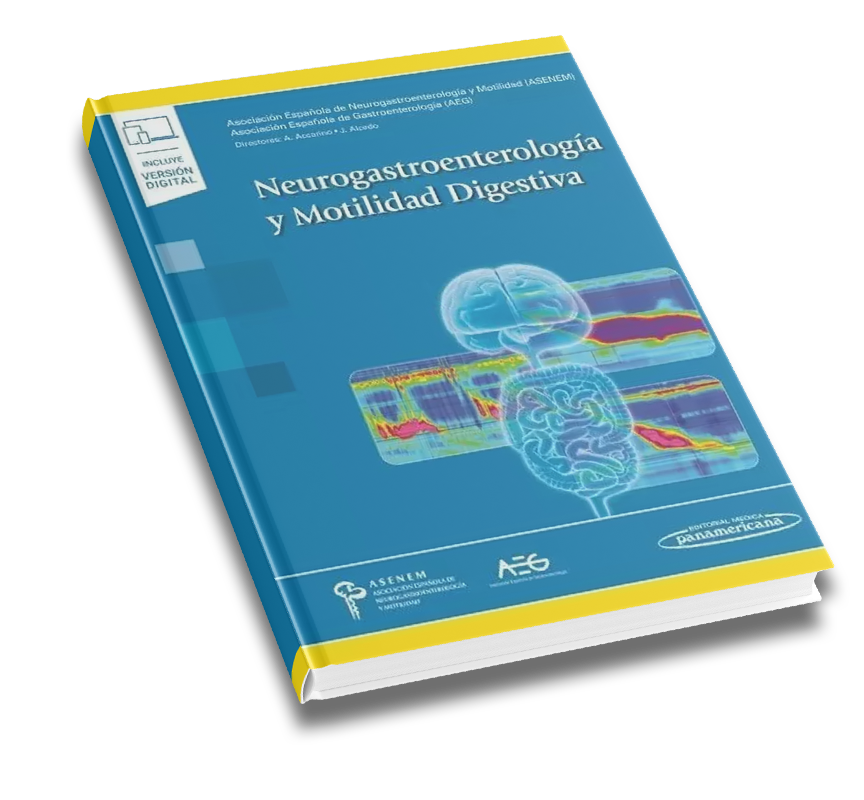Asociación Española de Neurogastroenterología y Motilidad
¡Tenemos una buena noticia para tí!
Ya tenemos lugar y fecha para los eventos más importantes de la Neurogastroenterología y Motilidad Digestiva en España durante el 2025.
¡Inscripciones ya disponibles!
Únete a ASENEM donde más de 400 profesionales médicos, cirujanos e investigadores de ciencias básicas lideran la vanguardia en el estudio de la neurogastroenterología y motilidad digestiva.


Descubre la biblioteca ASENEM. Nuestros libros editados reflejan nuestro compromiso con la investigación y el avance científico en neurogastroenterológica y motilidad.